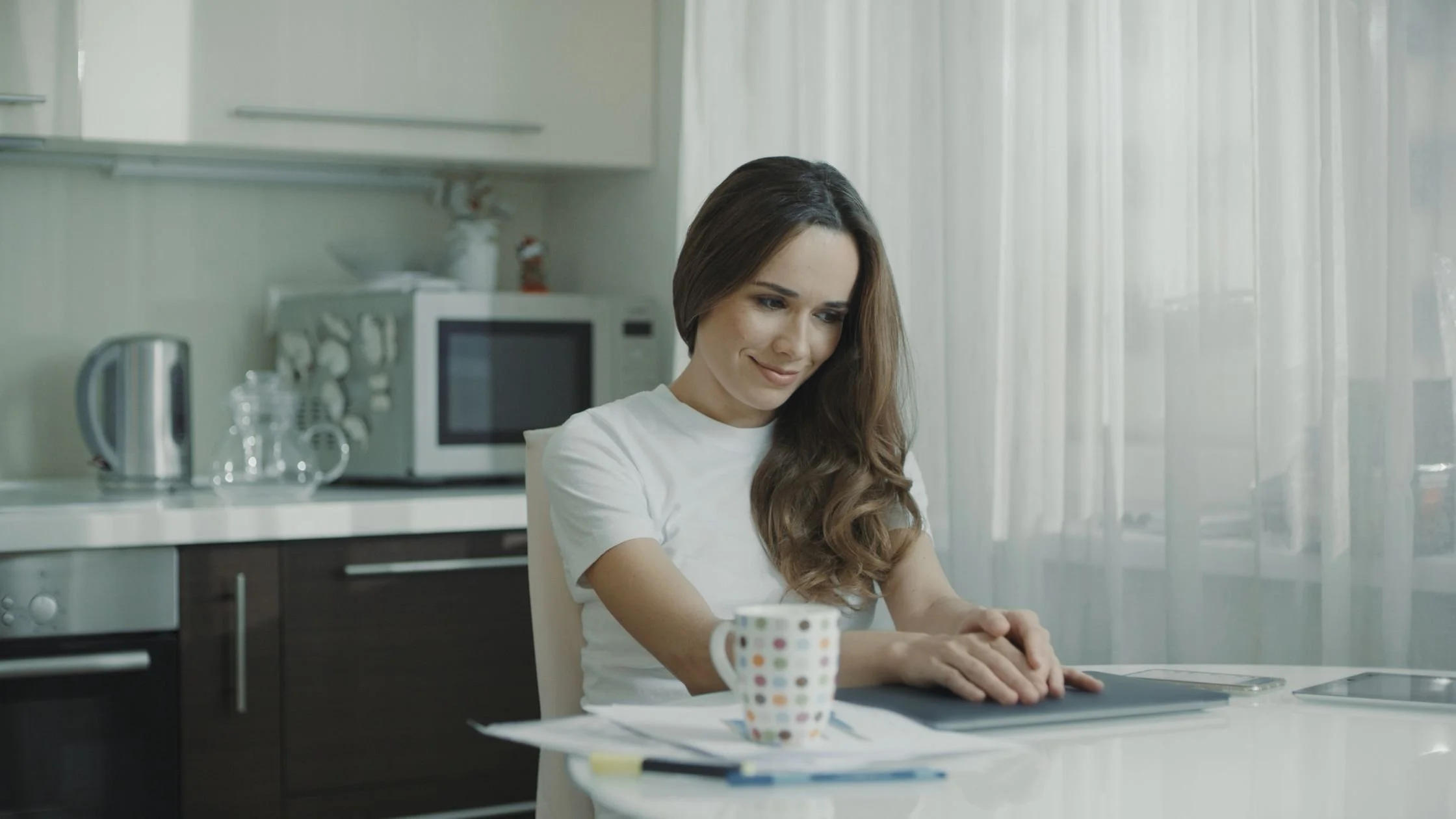“I’m the Asset”: Why Prioritising Yourself Isn’t Selfish — It’s Generational Healing
You’ve probably heard the phrase “You can’t pour from an empty cup.” But what if the real problem isn’t the empty cup... It’s that you’ve never believed you’re the cup worth filling.
This is the shift my client Emma made during our coaching together—and it’s one I want you to consider, too. Because when you begin to truly treat yourself like the asset you are, everything changes. Not just for you—but for everyone around you.
This blog is for you if you’re a woman who knows she’s capable, competent, and doing her best—but still feels stretched too thin. If you’re juggling work, parenting, partnership, caregiving, or leadership, and wondering:
“Is it okay to want more space? More calm? More ease?”
The answer is: yes. Not only is it okay—it’s essential.
The Shift from Self-Sacrifice to Self-Prioritisation
So many of us were raised on the story that being a “good” woman means being selfless. That your worth comes from how much you give, fix, and hold together.
But here’s the truth: Chronic self-sacrifice disconnects you from yourself. You can’t feel clear-headed, calm, or confident if you never pause long enough to hear your own voice.
When Emma started coaching, she was doing everything for everyone. She was tired, stressed, and constantly second-guessing herself. But slowly, something shifted.
“I’m making myself more of a priority now,” she told me one day. “Not by taking time off, but by giving myself time to think.”
That’s the piece most people miss. Self-prioritisation isn’t about escapism. It’s about agency and unbreakable self-trust. It’s being the kind of leader who can slow down, reflect, and respond with purpose.
Not the woman constantly stuck in reactivity, exhaustion, or guilt.
Prioritising Isn’t Selfish—It’s Responsible
When Emma restructured her work week to create more space—working Mondays, Wednesdays, and Fridays only—she didn’t just feel better. She became more available to her family in the ways that actually mattered.
She told me that her daughter had started coming to her more. Asking questions. Seeking advice. Feeling safe enough to lean on her.
Emma wasn’t “doing more” as a Mum.
She was being more grounded. More emotionally available. Less reactive.
She wasn’t flying into stress mode. She was taking time to notice what was really going on underneath.
This is what I want every woman to understand:
- When you prioritise yourself, everyone benefits.
- You create a calm nervous system that others can co-regulate with.
- You become the grounding presence in your home.
- You model healthy leadership—not martyrdom.
Healing Backwards and Forwards
During that same session, we explored a concept I love to share with clients:
“The work you do on yourself heals seven generations back and seven generations forward.”
Emma began reflecting on her own childhood—and on her relationship with her mum. How she’d sometimes been dismissive, and she’d assumed certain things without really understanding what her mum had lived through.
But instead of spiralling into guilt or blame, she took ownership.
“I wouldn’t want my child to treat me like that,” she said.
That’s what generational healing looks like.
It’s not dramatic, or performative. It’s those small, powerful shifts in how you respond.
It’s interrupting an inherited pattern and saying:
“It stops here. I choose a different way.”
Emma started seeing how her mother’s behaviours may have come from her own unprocessed childhood wounds. And in recognising that, she could meet her with more empathy—and herself with more grace, from a place of deep self-trust.
Practical Ways to Live the Thought: “I’m the Asset”
So what does this look like in real life? How do you actually live out the belief that you are the asset—not the afterthought?
Here are a few practices to start with:
1. Set boundaries that serve your energy, not your guilt
When it came to her business, Emma stopped attending networking events that drained her and cost her time, energy, and £400/month. She chose to invest that into SEO instead—something that works for her behind the scenes.
Action: Make a list of what’s draining you and what’s fuelling you. Swap one “should” for one aligned choice this week.
2. Own your emotional leadership
Emma described feeling less reactive to her partner’s moods and more able to hold space for her daughter’s panic attacks. This didn’t come from perfection—it came from understanding.
Action: The next time you’re triggered, ask: What’s this really about—for them, and for me?
3. Pause to celebrate invisible wins
No one throws a party for “I didn’t lose my temper today.” But maybe they should. Emma’s biggest celebration wasn’t external—it was internal:
“I feel like I’m the strong one in the house now. I’m the one who can think things through, be less reactive, and hold space.”
Action: Each night this week, write down one invisible win.
Final Thought: You Don’t Need Permission to Lead With Purpose
Here’s what I want you to know: You don’t need to justify your boundaries.
You don’t need to keep proving your value by how tired or stretched you are.
You are the foundation. You are the asset.
And that means you matter—not just for what you do, but for who you are when you feel calm, clear, and connected.
If you’re raising children, running a business or leading a team, supporting your partner and family—you are shaping the emotional culture around you. And when you lead from self-worth rather than burnout and exhaustion, you create ripples that last for generations.
This is why I say to all my clients (and to myself):
“I go first. I go often. I go with purpose.”
Let this be the season where you go first—not for attention, but for alignment.
Not to fix everything for everyone else, but to lead a life that actually feels like yours.
Ready to make yourself a priority again?
📅 Book a free discovery call and let’s explore what that could look like for you.
This blog is inspired by the work I do with my clients during sessions, and brought to you in partnership with AI.
Feeling Stuck? Here’s How to Get Your Life Back on Track - Without the Overwhelm
Have you ever wished you had a personal coach to tell you exactly what to do to improve your life - without having to second-guess yourself, waste time figuring it all out alone, or add more to your already full plate?






